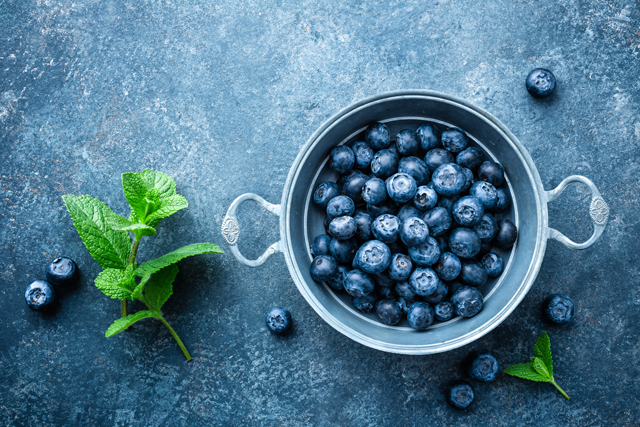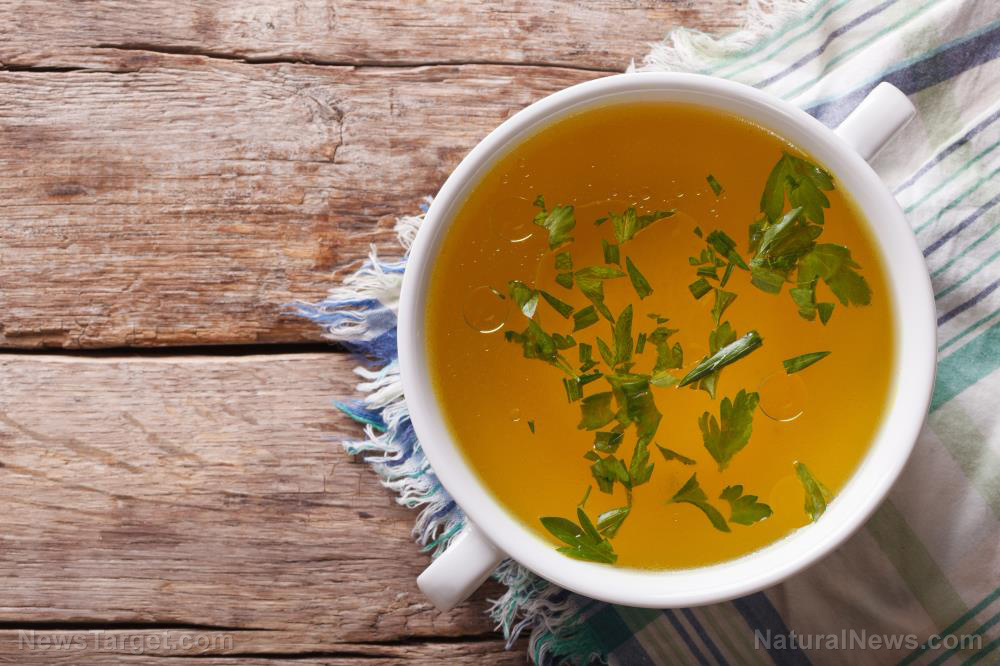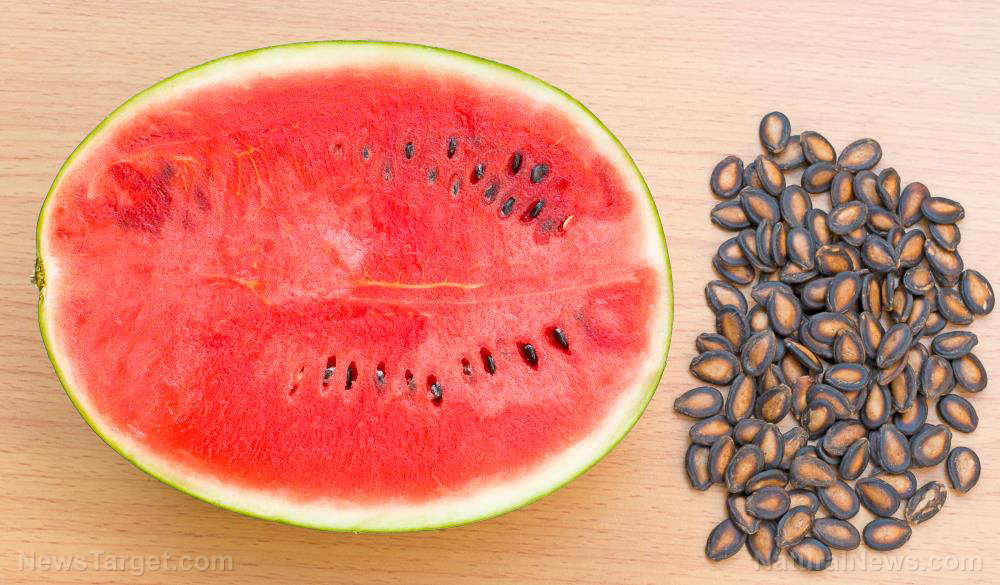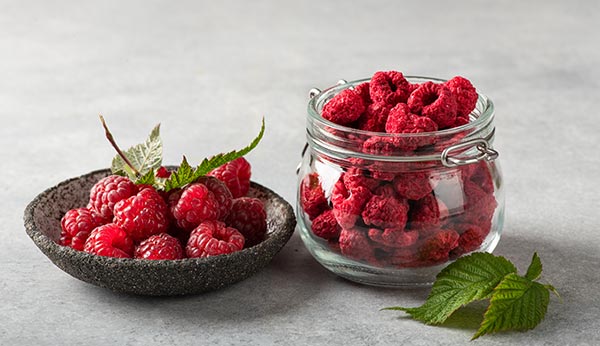Fermented cabbage: The ancient superfood that heals your gut and mind
07/18/2025 / By Lance D Johnson
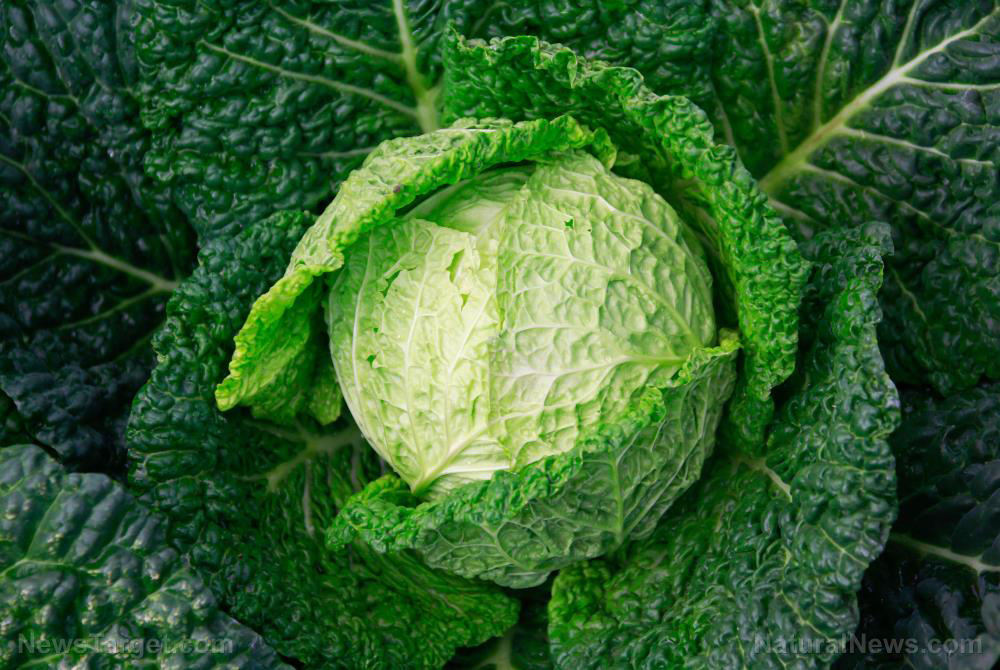
For centuries, fermented cabbage has been a humble staple in kitchens worldwide, from German sauerkraut to Korean kimchi. But new research reveals this old-school superfood isn’t just a tangy condiment — it’s a gut-healing powerhouse that modern medicine can’t replicate. A groundbreaking study published in Applied and Environmental Microbiology found that fermented cabbage reduces inflammation-induced intestinal damage by a staggering 40 percent, outperforming raw cabbage and brine alone. The secret? A symphony of bio-active compounds created during fermentation — lactic acid, GABA and indole-3-lactate (ILA) — that fortify the gut’s delicate barrier, shielding the body from inflammation, food sensitivities, and autoimmune triggers.
In an era where doctors push expensive probiotics and synthetic supplements, fermented cabbage stands as a defiant, natural remedy — one that our ancestors knew instinctively. Science is only now catching up to what tradition has long understood: that fermentation transforms ordinary cabbage into a medicinal marvel, teeming with probiotics, postbiotics and prebiotics in perfect harmony.
Key points:
- Fermented cabbage reduces gut barrier damage by 40 percent, outperforming raw cabbage and brine.
- The fermentation process unlocks lactic acid, GABA, and ILA, compounds that mimic those produced by a healthy gut microbiome.
- Unlike commercial probiotics, fermented cabbage delivers a full spectrum of gut-supportive metabolites, not just isolated strains.
- A compromised gut barrier is linked to bloating, food sensitivities, metabolic disorders, and autoimmune diseases — all of which fermented cabbage may help prevent.
- The study confirms that traditional fermentation methods — not lab-engineered supplements — hold the key to optimal gut health.
Fermented cabbage promotes mental well being through the gut-brain axis
Fermented cabbage, commonly known as sauerkraut (German) or kimchi (Korean), is a traditional food made through lactic acid fermentation. The process involves finely shredding cabbage, salting it, and allowing beneficial bacteria (such as Lactobacillus) to break down natural sugars into lactic acid, which preserves the vegetable and enhances its flavor. This method dates back thousands of years and was historically used to preserve cabbage for long periods without refrigeration.
Nutritionally, fermented cabbage is rich in vitamins C and K, fiber and probiotics — live microorganisms that support gut health by improving digestion and boosting immunity. Studies suggest that regular consumption may aid in reducing inflammation, enhancing nutrient absorption, and even promoting mental well-being due to the gut-brain axis connection.
The science behind fermented cabbage’s gut-protective magic
For years, mainstream medicine dismissed fermented foods as mere folk remedies, but the latest research proves otherwise. The study, led by Lei Wei and Maria L. Marco at UC Davis, exposed human intestinal cells (Caco-2 monolayers) to inflammatory cytokines — molecules that trigger leaky gut. The results were undeniable: Fermented cabbage prevented barrier breakdown, while raw cabbage did nothing.
What makes fermented cabbage so special? It’s not just about probiotics. While live bacteria play a role, the real heroes are the postbiotics — metabolic byproducts like lactic acid and ILA that calm inflammation and reinforce the intestinal lining. These compounds are the same ones your gut bacteria produce when thriving, meaning fermented cabbage essentially supercharges your microbiome’s natural defenses.
“The findings show that intestinal barrier-protective compounds are consistently enriched during cabbage fermentations, irrespective of the scale or microbial additions,” the researchers noted. In other words, it’s the fermentation process itself — not a single ‘magic’ probiotic strain — that makes the difference.
Why your gut needs fermented foods more than ever
Modern diets — loaded with processed foods, antibiotics, and glyphosate — have decimated our gut microbiomes. The consequences? Skyrocketing rates of IBS, Crohn’s disease, and autoimmune disorders. But fermented cabbage offers a simple, time-tested solution.
Unlike expensive probiotic pills (which often die before reaching the gut), fermented cabbage delivers:
- Prebiotics (fiber that feeds good bacteria)
- Probiotics (live microbes that repopulate the gut)
- Postbiotics (healing metabolites like lactic acid and ILA)
This trifecta of gut support is something no lab-made supplement can replicate. And while Big Pharma races to patent synthetic versions of these compounds, traditional ferments offer them naturally, at a fraction of the cost.
How to harness the power of fermented cabbage
Not all fermented foods are created equal. Store-bought sauerkraut is often pasteurized, killing beneficial bacteria. For maximum benefits, opt for:
- Raw, unpasteurized sauerkraut (found in refrigerated sections)
- Homemade ferments (easy to make with just cabbage, salt, and time)
- Kimchi (Korean fermented cabbage with added spices for extra anti-inflammatory compounds)
Just one small serving daily can make a difference. As the study confirms, even commercial sauerkraut (when unpasteurized) provides measurable gut protection — proof that nature’s wisdom still outshines modern interventions.
Sources include:
Submit a correction >>
Tagged Under:
Autoimmune Health, digestive health, fermentation, fermented cabbage, food as medicine, food cures, food science, GABA, gut health, health science, holistic health, immune support, indole-3-lactate, inflammation, kimchi, lactic acid, leaky gut, microbiome, natural remedies, postbiotics, probiotics, research, sauerkraut, traditional foods
This article may contain statements that reflect the opinion of the author
RECENT NEWS & ARTICLES
COPYRIGHT © 2017 NATURAL HEALTH NEWS












